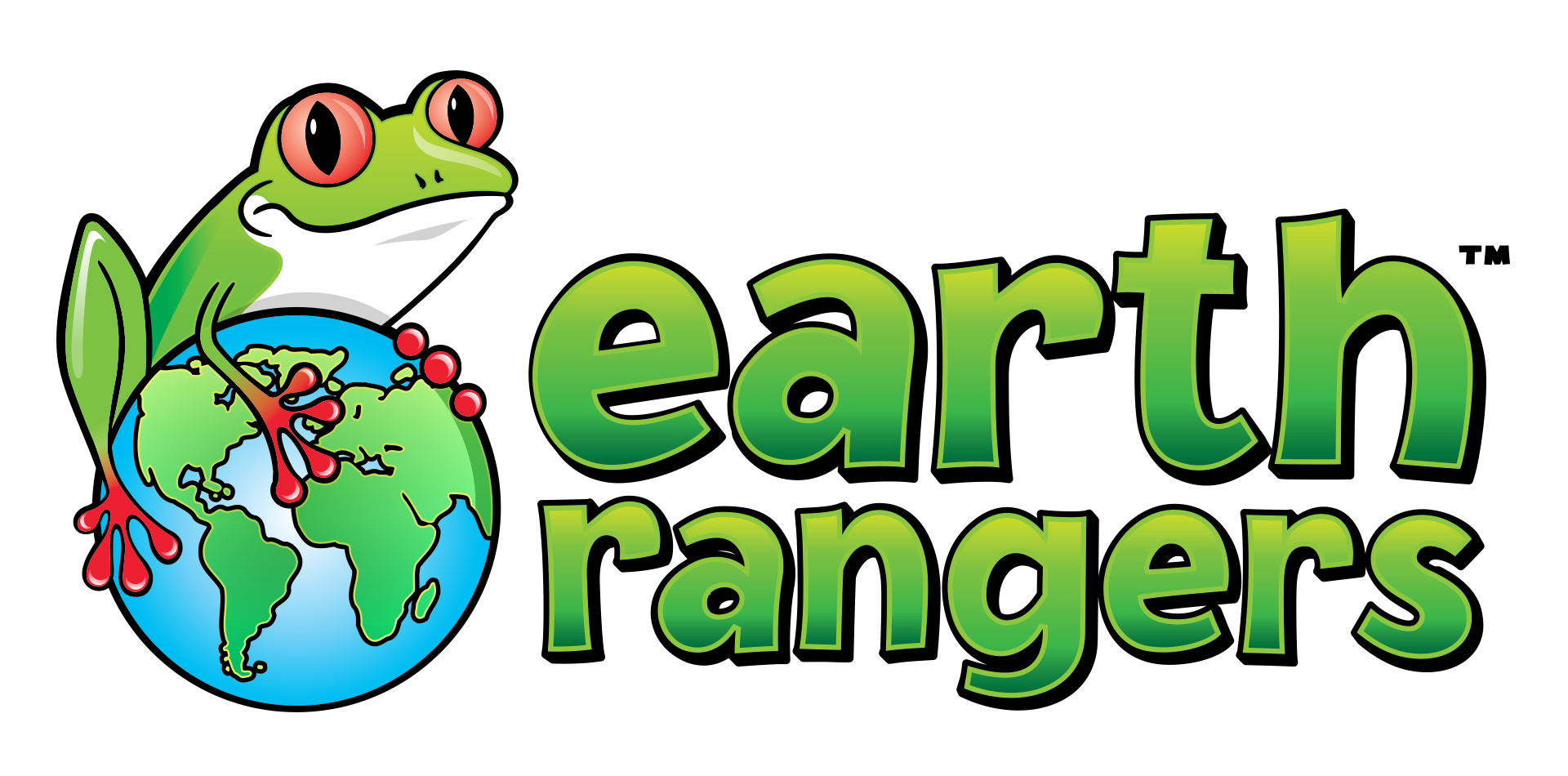Beluga whales are majestic creatures of the sea. Despite their giant size and their slightly menacing teeth, they are very sensitive and playful animals! The scientific name for beluga whales is Delphinapterus leucas – what a tongue twister! Beluga whales live in the cold waters of the Arctic ocean and can be found in regions of Canada, Alaska, Russia, and Greenland. The history between humans and beluga whales is one that extends very far back in time. For example, right here in Canada, the Inuit people of Nunavik (the Nunavimmiut), which is an area located within Arctic Quebec, have extensive knowledge about beluga whales and their role in the ecosystem.

The Nunavimmiut have depended on beluga whales for centuries, which has led to an intricate relationship between this group of people and the whales. Throughout this relationship the Nunavimmiut have collected a large amount of knowledge regarding beluga whales. Specifically, they have acquired a lot of information about the foraging ecology of the beluga whale. Foraging is the search for food sources within the wild. A beluga whale’s diet consists of fish, like cod and salmon, as well as crustaceans, like shrimp. The Nunavimmiut also understand the sensitivity of these whales in response to their environment. Changes to the environment can sometimes mean changes to the species beluga’s depend on for food. These changes often have a cascading effect, which then leads to physical changes observed in the beluga whales. For instance, the Nunavimmiut have noticed changes in the thickness of the whale’s blubber owing to changes in diet!

But what causes these changes you may ask?! Primarily, a warming climate poses the largest threat and causes much of the variation observed in the ecosystems of the Arctic. In fact, climate change affects polar regions and higher latitudes much more and at a much faster rate than it does the rest of the world – in some cases 2-3 times more! In order to monitor changes in the climate, scientists often use apex predators within the ecosystem as an indicator. Remember, an apex predator is the organism at the very top of the food chain! Because beluga whales are at the top of the food chain AND they are considered generalist feeders (which means they eat almost everything), scientists have chosen to observe the beluga whale to explain the changes seen in the Arctic ecosystem. With the help of the Nunavimmiut people, researchers aim to document their knowledge regarding the diet composition and seasonal changes in body conditions of beluga whales and how these changes relate to climate change. By using the vast pool of knowledge of the Nunavimmiut, previous research on Arctic organisms can be strengthened.

Help support important research to protect beluga whales with the Wildlife Adoptions Program!


Cool
Beluga’s are so cute!
I like learning about beluga whales
Wow
I’m doing a coding project to help beluga whales. There’s a facts section where you can learn cool facts and take quizzes. There is also a game section where you choose your own adventure and it takes you through the life of a beluga whale starting from when they are a new born calf. The goal of my project is similar to the goal of this article; to raise awareness.
I really don’t want them to die they’re so cute they’re my favourite animal
I really don’t want him to die because you’re my favourite animal
We definitely need to help the deluge whales. I am going to adopt one soon!
Excellent!
I love Beluga
Super Mario 3d world